HS2: Predicted benefits lowered in new government report
- Published
- comments
Transport Secretary Patrick McLoughlin: "I hope very much it comes below budget"
The government's latest business case for the HS2 high-speed rail link has slightly lowered the amount of benefit it predicts relative to the cost.
The expected benefit-cost ratio (BRC) has fallen from £2.50 to £2.30 in benefits for every pound spent.
That fall is mainly due to a £10bn rise in the scheme's projected £42.6bn cost, which was added earlier this year.
The report is the latest update on questions such as who benefits and by how much.
It also has revised an earlier assumption that business people do not get much work done on trains, a view that was widely criticised at the time.
The new study has cut by one-third the value put on saving an hour's worth of time getting between meetings or workplaces on a quicker train, to reflect that productive work is also done while travelling.
Closures
BBC transport correspondent Richard Westcott says the new report is an attempt to shift the focus away from a controversial assumption of people not working on trains, and towards the benefits of providing lots of extra capacity on the rail network.
One part of the report, which came out a day earlier, argued that the alternative to HS2 would mean 14 years of route closures and longer journeys.
A study, prepared by Network Rail and the management consultancy Atkins for the government, said that without the project, there would have to be 2,770 weekend closures on the East Coast, West Coast and Midland main lines for the same intended capacity of HS2.
This could lead to travel times between London and Leeds doubling.
'Play politics'
Transport Secretary Patrick McLoughlin said without the new line, the West Coast, East Coast and Midland Main Lines were likely to be overwhelmed.
He said it would also bring benefits for regional and commuter services, as well as increasing the amount of freight that could be carried by rail.
But he warned it needed broad political consensus or it would end in nothing: "You can't play politics with our prosperity. The new North-South line is a multi-billion, multi-year investment in the future of Britain."
Shadow transport secretary Mary Creagh said: "We must address the capacity problems that mean thousands of commuters face cramped, miserable journeys into cities like Birmingham, Manchester, Leeds and London. But there can be no blank cheque and ministers must get a grip on costs."
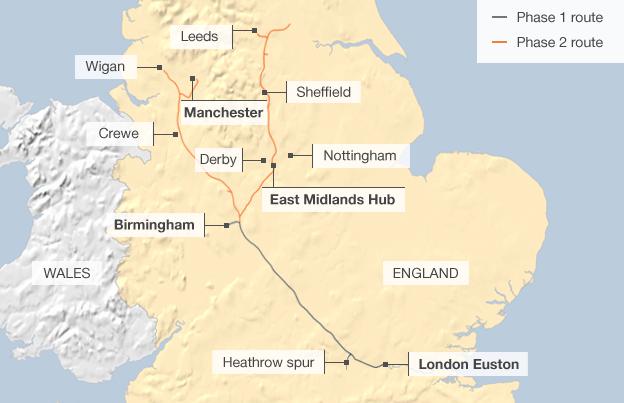
Penny Gaines from the Stop HS2 organisation said: "The big flaw in the government's argument is that phase one of HS2 won't open to the travelling public until about 2027, meaning there would be no change for passengers until the middle of the next decade.
"But building HS2 would cause years of disruption at [London] Euston, and other places on the rail network as well as chaos along the route of HS2, with roads being diverted during the build and in some places permanently shut."
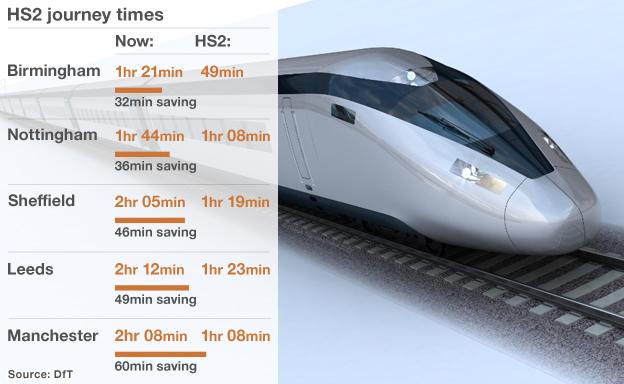
- Published29 October 2013
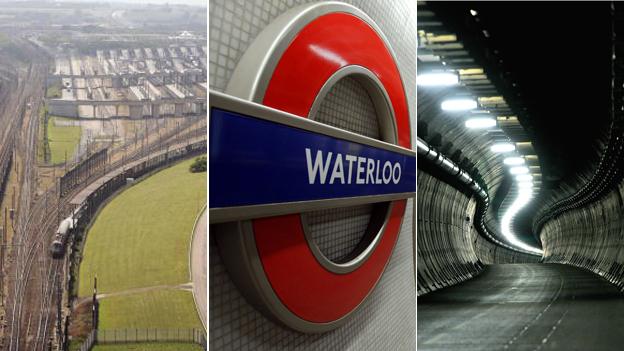
- Published29 October 2013
- Published28 October 2013
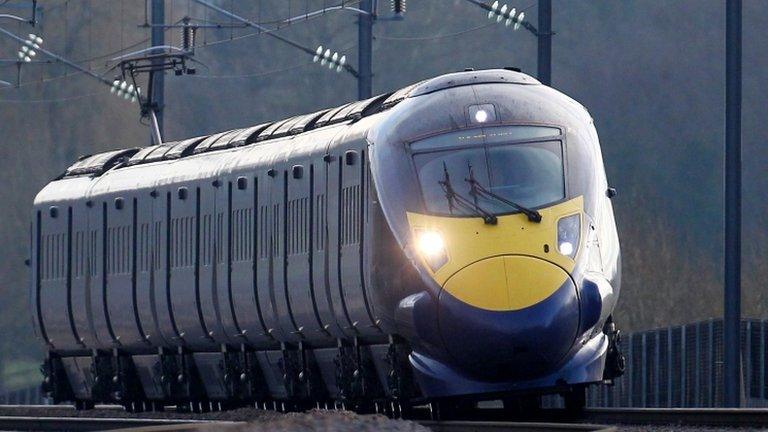
- Published27 October 2013

- Published19 October 2013

- Published8 October 2013
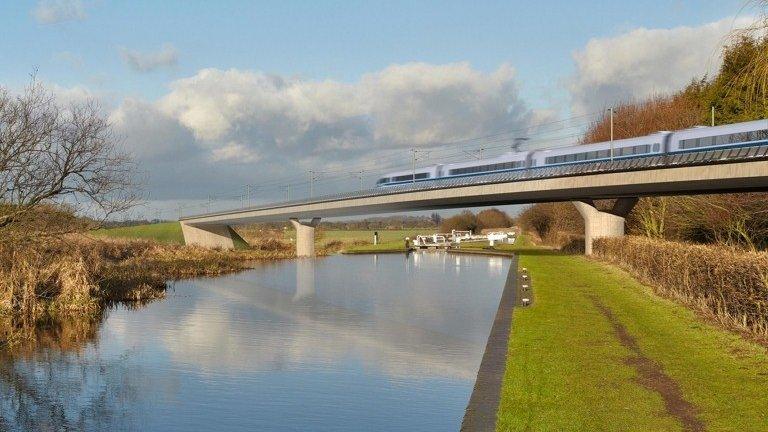
- Published6 October 2023
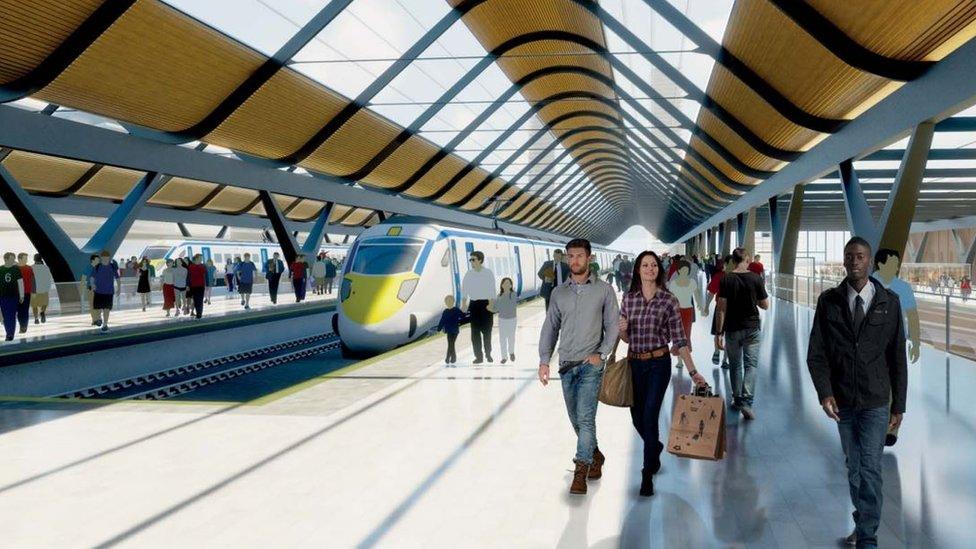
- Published29 October 2013
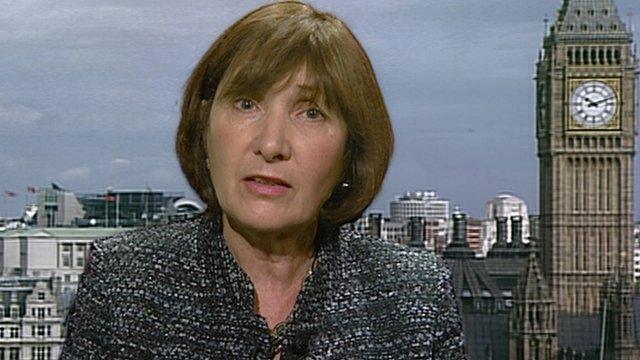
- Published11 September 2013